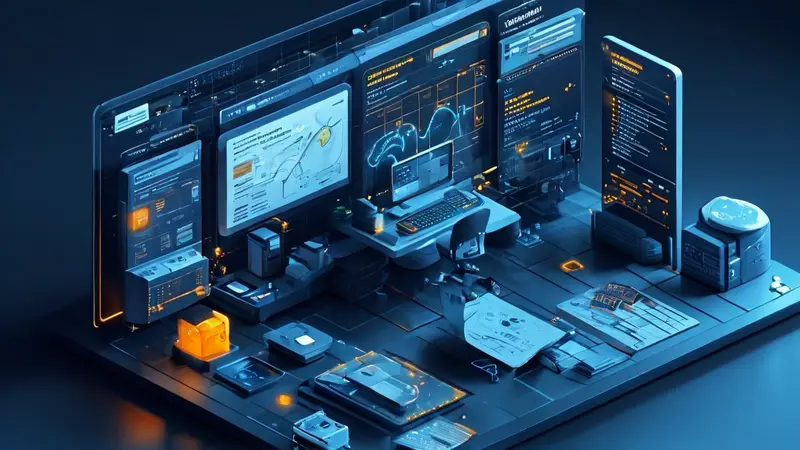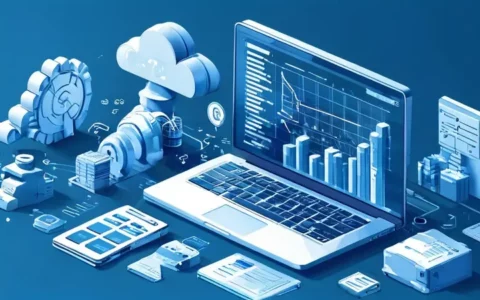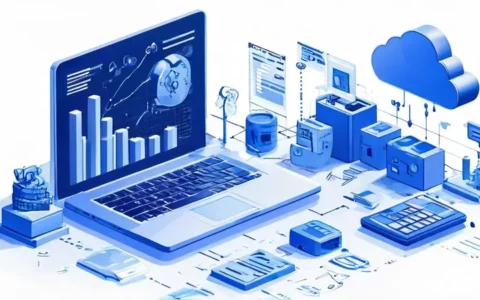
管理企业项目主要涉及项目计划管理、项目成本管理、项目质量管理、项目风险管理、人力资源管理、沟通管理、采购管理、以及相关方管理等八大方面。其中,项目计划管理是项目管理的核心,它涉及到项目的所有阶段,从项目启动到项目结束,都需要有明确的计划。项目计划管理包括制定项目计划、执行项目计划、以及监控项目计划等步骤。制定项目计划是项目计划管理的开始,它需要明确项目的目标和任务,以及如何完成这些任务。执行项目计划是将制定的项目计划付诸实施,这需要项目经理对项目的各个环节进行协调和管理。监控项目计划是检查项目的实施情况,如果出现偏差,需要及时进行调整。
I、PROJECT PLAN MANAGEMENT
Project Plan Management is the core of project management, which involves all stages of the project, from project initiation to project termination. It includes formulating project plans, implementing project plans, and monitoring project plans. Formulating a project plan is the start of project plan management, which needs to clarify the goals and tasks of the project and how to complete these tasks. Implementing the project plan is to put the formulated project plan into practice, which requires the project manager to coordinate and manage all aspects of the project. Monitoring the project plan is to check the implementation of the project, if there is a deviation, it needs to be adjusted in time.
II、PROJECT COST MANAGEMENT
Project Cost Management is about estimating, budgeting, and controlling costs so that the project can be completed within the approved budget. It includes resources planning, cost estimating, cost budgeting, and cost control.
III、PROJECT QUALITY MANAGEMENT
Project Quality Management ensures that the project will satisfy the needs for which it was undertaken. It includes quality planning, quality assurance, and quality control.
IV、PROJECT RISK MANAGEMENT
Project Risk Management is about identifying, analyzing, and responding to project risks. It includes risk identification, risk quantification, risk response development, and risk response control.
V、HUMAN RESOURCE MANAGEMENT
Human Resource Management is about organizing and managing the project team. It includes organizational planning, staff acquisition, and team development.
VI、COMMUNICATION MANAGEMENT
Communication Management is about generating, collecting, disseminating, and storing project information. It includes communications planning, information distribution, performance reporting, and administrative closure.
VII、PROCUREMENT MANAGEMENT
Procurement Management is about purchasing or acquiring the products, services, or results needed from outside the project team to perform the work. It includes procurement planning, solicitation planning, solicitation, source selection, contract administration, and contract closure.
VIII、STAKEHOLDER MANAGEMENT
Stakeholder Management is about managing communications to satisfy the needs and expectations of project stakeholders and to resolve issues. It includes stakeholder identification, stakeholder quantification, stakeholder response development, and stakeholder response control.
相关问答FAQs:
1. 项目目标与计划管理: 管理企业项目的第一步是明确项目的目标和计划。这包括确定项目的范围、时间和预算,并制定详细的项目计划。项目目标和计划管理的关键在于确保项目的目标与企业的战略目标保持一致,并确保项目能够按计划进行。
2. 团队管理与沟通: 一个成功的项目需要一个高效的团队来实施。项目经理需要招募适合项目需求的成员,并对团队进行有效的管理。这包括分配任务、跟踪进度、解决冲突、提供支持等。另外,项目经理还需要确保团队成员之间的沟通畅通,以便及时解决问题和分享信息。
3. 风险管理: 项目中的风险是无法避免的,但可以通过有效的风险管理来降低其对项目的影响。项目经理需要识别潜在的风险,并制定相应的应对措施。这包括制定风险管理计划、监测风险的发生和演变,并在必要时采取措施进行风险应对。
4. 质量管理: 项目质量是项目成功的关键因素之一。项目经理需要确保项目交付的成果符合预期的质量标准。这包括制定质量管理计划、进行质量控制和质量保证,并及时纠正任何质量问题。
5. 成本管理: 项目经理需要对项目的成本进行有效的管理。这包括制定项目预算、跟踪项目的实际成本,并进行成本控制。项目经理需要确保项目在可接受的成本范围内完成,并合理利用资源。
6. 时间管理: 项目经理需要制定项目的时间计划,并确保项目能够按时完成。这包括制定项目进度计划、跟踪项目的进度,并进行进度控制。项目经理需要识别并解决任何可能导致项目延期的问题。
7. 供应商管理: 在一些项目中,项目经理需要与供应商进行合作。项目经理需要选择合适的供应商,并与其进行有效的合作和管理。这包括制定供应商管理计划、监督供应商的工作,并解决供应商相关的问题。
8. 变更管理: 在项目进行过程中,可能会出现一些变更需求。项目经理需要制定变更管理计划,并确保变更的控制和实施。这包括评估变更的影响、制定变更方案,并与相关方进行沟通和协调。
9. 绩效评估与报告: 项目经理需要对项目的绩效进行评估,并向相关方报告项目的进展和成果。这包括制定绩效评估指标、收集绩效数据,并根据数据进行分析和报告。
10. 关闭项目: 项目经理需要在项目完成后进行项目的关闭工作。这包括总结项目的经验教训、归档项目文件,并与相关方进行项目的最终交付和验收。
文章标题:管理企业项目包括哪些方面,发布者:飞飞,转载请注明出处:https://worktile.com/kb/p/3044047

 微信扫一扫
微信扫一扫  支付宝扫一扫
支付宝扫一扫 




